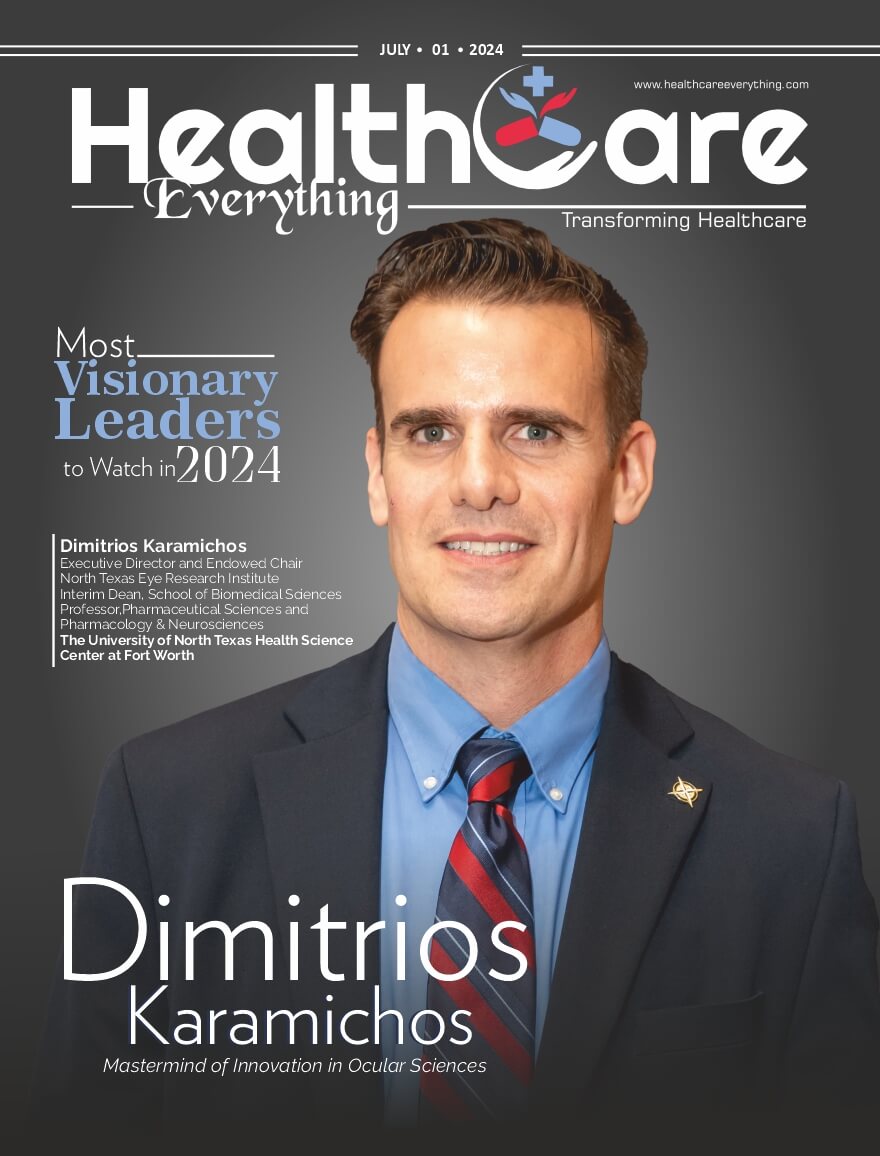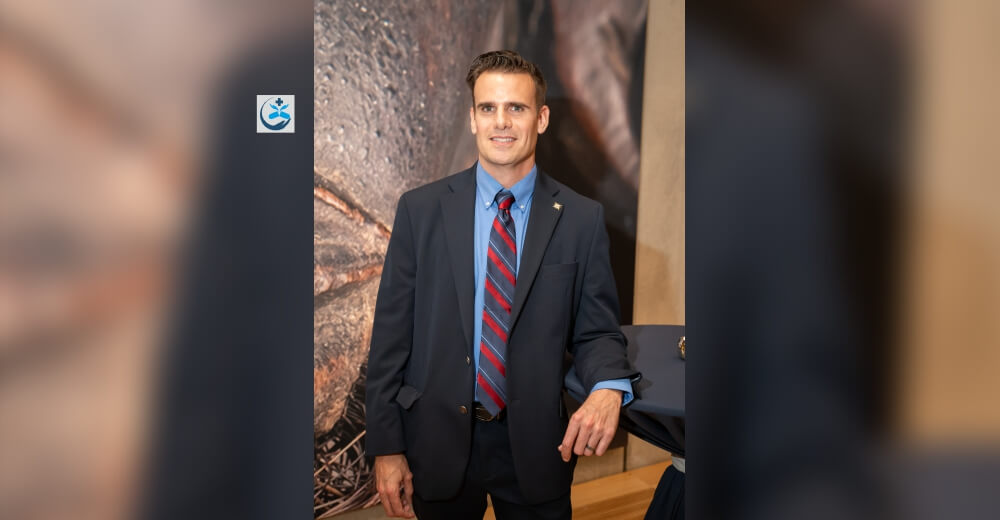Surgeon General Vivek Murthy’s warning about the negative effects of social media on teenagers’ mental health sheds light on a pressing issue that needs urgent attention. The report emphasizes the need for policymakers and social media companies to collaborate with parents in managing children’s social media usage. With up to 95% of teenagers using social media platforms, and a significant portion spending hours engaged with these platforms daily, the potential harm to their mental well-being is a growing concern.
Research has linked excessive social media use to poor mental health outcomes, including depression, anxiety, and low self-esteem. The rise in teenage depression since the popularity of smartphones and the advent of social media platforms is particularly alarming. Social media’s influence on body image, perpetuation of eating disorders, and the constant comparison with others also contribute to mental health issues among teenagers.
The report calls for stronger safety standards and age restrictions enforced by technology companies to protect teenagers from harmful content and excessive use. It also encourages parents to establish “tech-free” zones at home and engage in open conversations with their children about their social media experiences.
However, the responsibility cannot rest solely on parents. The report highlights the need for industry accountability, urging a national discussion on the role and impact of social media platforms. Stricter regulations and features that discourage excessive use are necessary steps to protect the well-being of young users.
Ultimately, addressing the mental health challenges associated with social media requires collective efforts from policymakers, technology companies, parents, and society at large. It is crucial to prioritize the mental well-being of teenagers and create a safer digital environment for their healthy development.
Read More News: Click Here







